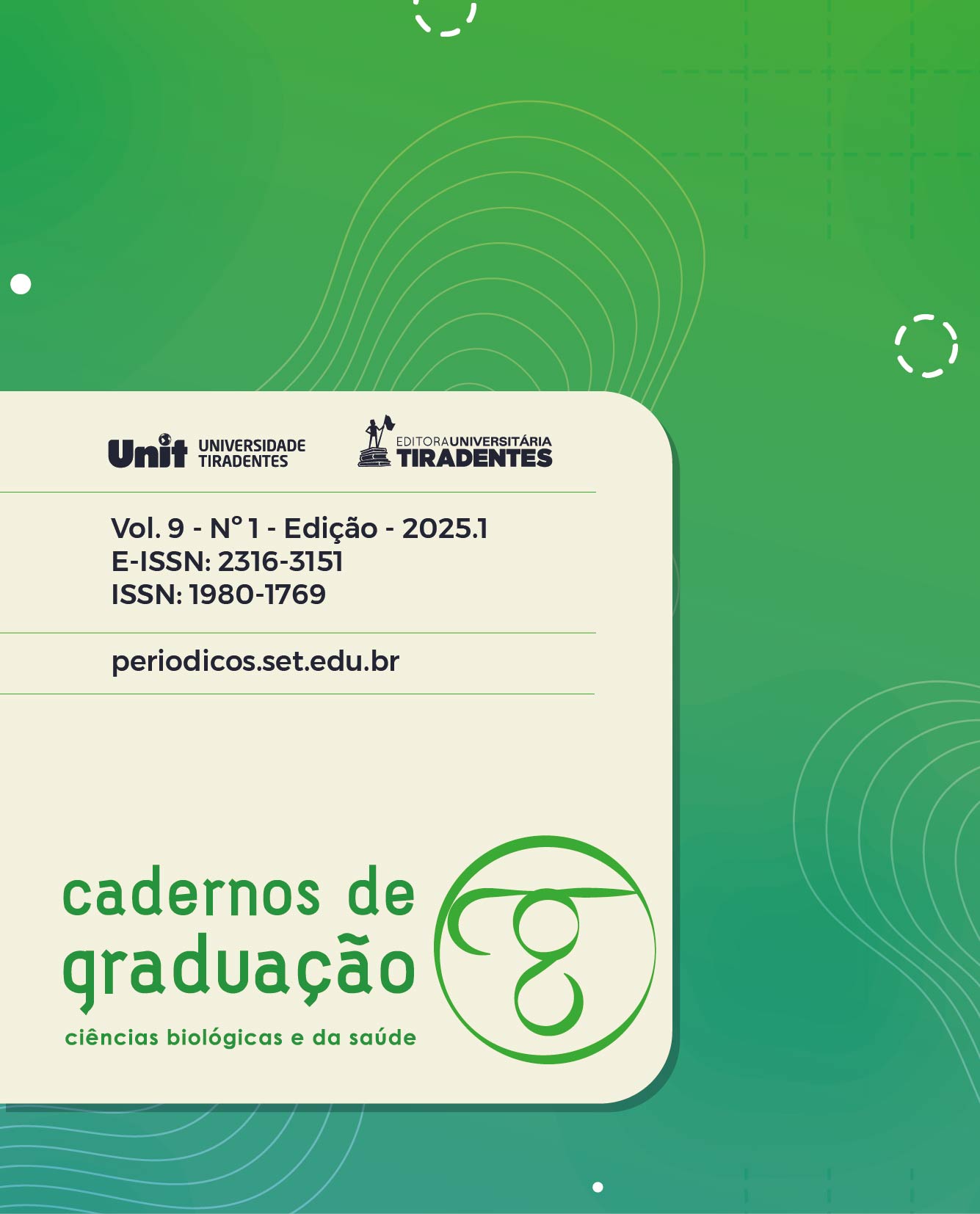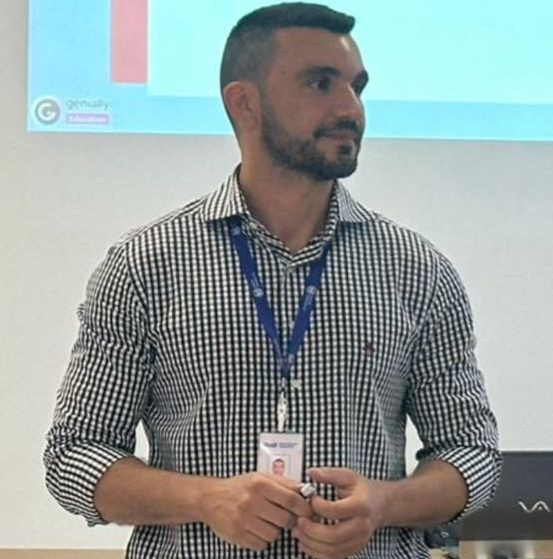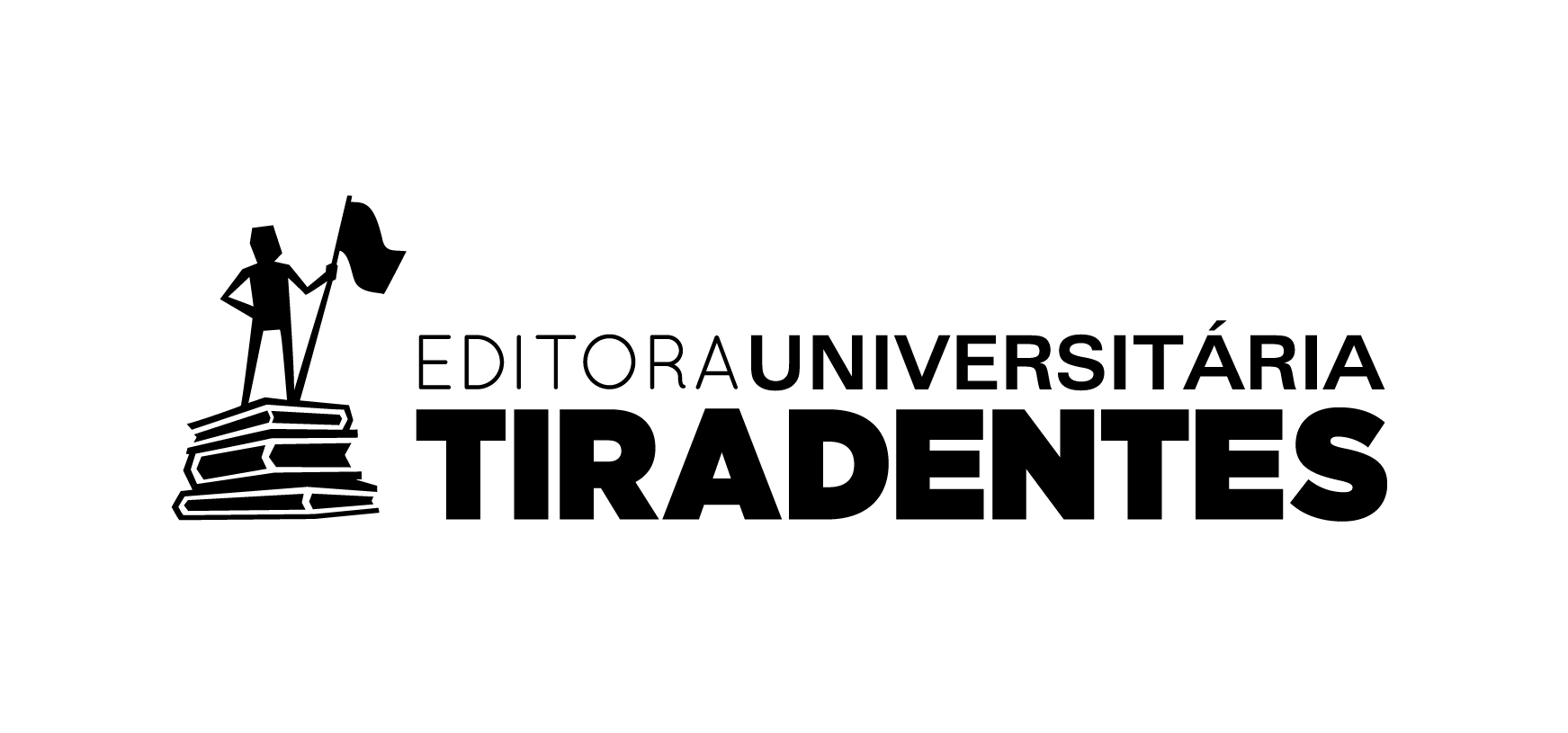NON-PHARMACOLOGICAL THERAPIES USED TO REDUCE ANXIETY IN PATIENTS UNDERGOING CORONARY ANGIOPLASTY: A SYSTEMATIC REVIEW
DOI:
https://doi.org/10.17564/2316-3151.2025v9n1p8-26Published
Downloads
Downloads
Issue
Section
License
Copyright (c) 2025 Caderno de Graduação - Ciências Biológicas e da Saúde - UNIT - SERGIPE

This work is licensed under a Creative Commons Attribution-NonCommercial-NoDerivatives 4.0 International License.
Oferece acesso livre e imediato ao seu conteúdo, seguindo o princípio de que disponibilizar gratuitamente o conhecimento científico contribui para a democratização do saber. Assume-se que, ao submeter os originais os autores cedem os direitos de publicação para a revista. O autor(a) reconhece esta como detentor(a) do direito autoral e ele autoriza seu livre uso pelos leitores, podendo ser, além de lido, baixado, copiado, distribuído e impresso, desde quando citada a fonte.
Abstract
Introduction: Coronary angioplasty (CA) is a non-surgical procedure used to expand blocked coronary arteries. Currently, there is a desire to use non-pharmacological anxiety management strategies in order to reassure and mitigate stress levels and reduce complications during the procedure. Objective: To evaluate the scientific evidence of non-pharmacological therapies in reducing anxiety in patients undergoing coronary angioplasty. Methodology: Systematic review using the PICOT strategy. Randomized clinical trials that evaluated the effect of non-pharmacological therapies in reducing anxiety in patients undergoing CA, searched in the BVS, PubMed, Web of Science, Scholar google, Embase, Scielo, Scopus databases in September 2022. Two reviewers independently screened the studies, extracted the data and assessed the risk of bias of the included studies. Results: Five studies were included in this review. Three non-pharmacological therapies, noetic therapy, autogenic training and music therapy were identified to reduce anxiety of patients undergoing CA. The overall quality of the studies was satisfactory; several potential sources of bias were identified. Music therapy and autogenic therapy showed promise for reducing anxiety levels assessed by self-reported scales and physiological parameters. Pooled analysis (meta-analysis) was not performed due to the heterogeneity of the interventions. Nevertheless, these studies presented important limitations, making it necessary to conduct randomized clinical trials of high methodological quality. Conclusion: Despite significant heterogeneity in trial designs, non-pharmacological therapies show promise in reducing anxiety in patients undergoing coronary angioplasty.
Keywords: Coronary Angioplasty; Anxiety; Non-Pharmacological Interventions; Systematic Review; Noetic Therapies; Autogenic Training; Music Therapy.















